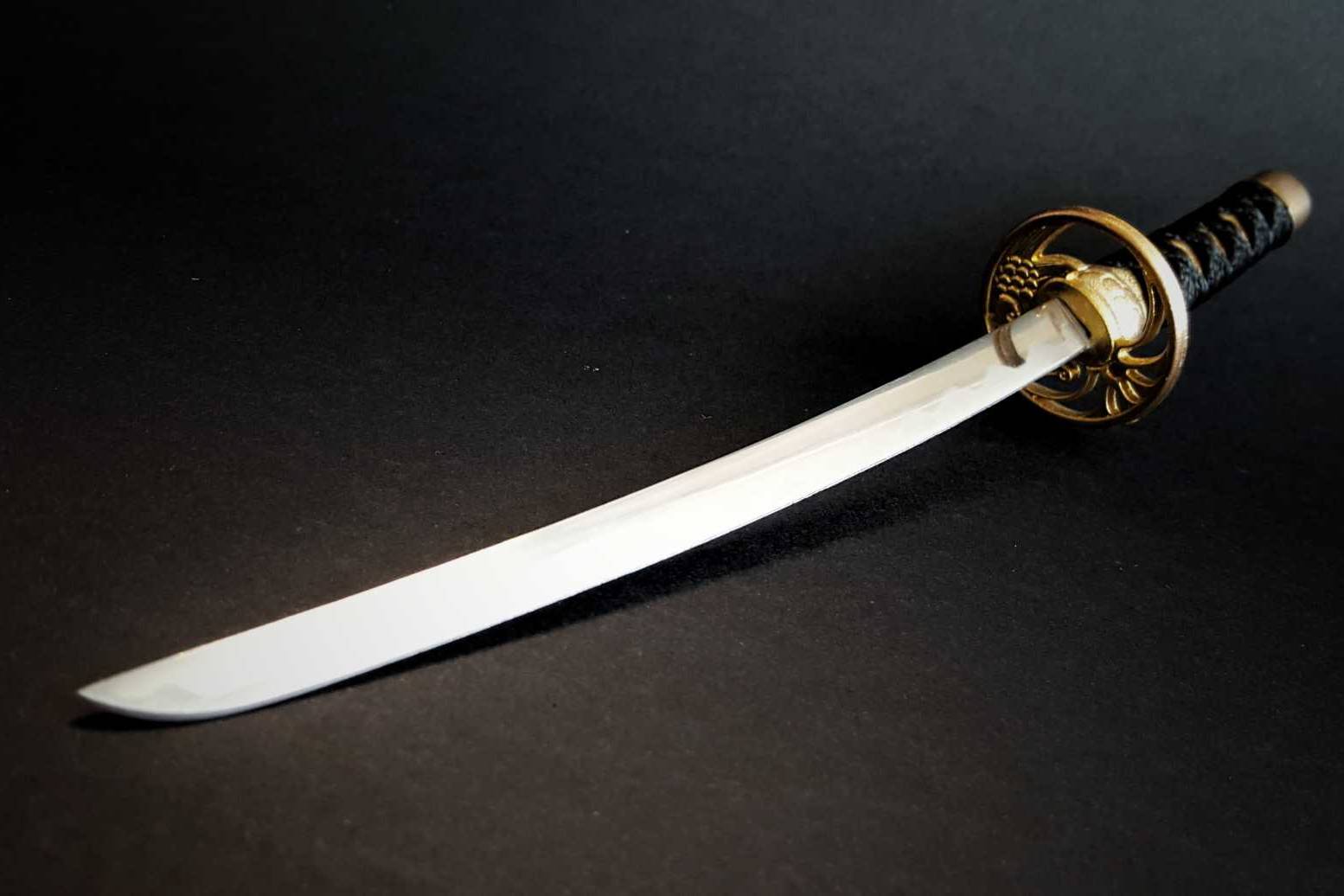Muslim lawmakers and community representatives yesterday downplayed the significance of the caches of swords discovered in a number of mosques in the wake of the Easter bombings.
At a press conference held in Colombo, a collective of Muslims parliamentarians and civil society activists together with the All Ceylon Jamiyyathul Ulama (ACJU) cautioned against the media’s “unnecessary sensationalisation” of the raids conducted by police and the security forces.
Sri Lanka Muslim Congress (SLMC) leader Minister Rauf Hakeem said that the public must learn to differenitate between terrorist activity and ordinary criminal activity.
“The search operations that are being conducted should not be unnecessarily sensationalised. This is creating a situation of panic in the country that is certainly not helpful to returning to normalcy. We must differentiate between normal criminal activity and terrorist activity, as well as certain things being discovered which may have been for self-defence purposes in any community,” he said.
If search operations were conducted in the entire country, as opposed to areas with a high concentration of Muslims, the Minister said the number of suspicious items found would be 100 times what’s been discovered so far.
“Unfortunately, certain discoveries are being displayed in a manner so as to portray this community as a very violent one waiting to create serious mayhem in the entire nation. It is far from the truth,” he said.
Sri Lanka Freedom Party (SLFP) MP Faiszer Musthapha, speaking to RepublicNext on the sidelines of yesterday’s press conference, said that, though vigilantism cannot be condoned, the caches of swords found must be understood within the larger context of violence against Muslims.
“Firstly, police have to investigate and see for what reason they swords were there. However, in the past, you would’ve seen that, in certain areas, there were issues regarding the response time, the reactionary time of the police and security forces, even when curfew was imposed,” he said.
“Therefore, there were certain areas where local Muslims were concerned that they had to safeguard themselves. That said, I would not say that this is any justification. One cannot take the law into their own hands. But you have to consider the complexity of the issue,” he added, referring to incidents in Aluthgama, Beruwala and Digana.
Islamic scholar and ACJU exco member Sheikh M. Arkam Nooramith told RepublicNext that the Muslim community had lost faith in the authorities after they had failed to provide adequate protection following the riots in Digana and elsehwere.
“Based on past experiences when clashes arose among the communities, our youngsters had lost faith in the protection provided from the Police and the Special Task Force (STF). And [younger Muslims] would ask [senior religious leaders] about their protection,” he said.
Nooramith went on to say that the clashes in Aluthgama, Digana and Gintota continued despite Police and STF protection, adding that the tense situation in Negombo last week continued even after curfew was imposed at 7pm.
“The riots went on till 11pm. Police and STF came and controlled the situation after the damage was already done,” he said.
Under these conditions, said the scholar, in order to defend themselves, some had kept the swords in store — though swords have been found in the premises of only two or three mosques so far, while everywhere else, the police has only discovered knives used for cooking purposes.
“Swords were only found inside the mosque in Slave Island. In the recent case in Maligawatte, they were found in a well that was not in close proximity to the mosque, contrary to what the media had reported,” he said, adding that the swords found in Slave Island had no connection to the Easter bombings.
However, Nooramith conceded that that was no justification to owning or storing such weapons.
Referring to CCTV footage of the Batticaloa Zion church suicide bomber using a mosque as living quarters prior to the attack, Nooramith said the rooms in question had initially been built as accommodation for Muslim students coming from abroad to pursue higher education in Sri Lanka. According to the scholar, the rooms were given to any Muslim individual following “proper protocol” including the verification of police clearance.
“The Dehiwala suicide bomber was questioned about his whereabouts by Muslims who had visited the mosque, due to his suspicious behaviour. In the future, we should introduce a tighter procedure to confirm the identity of those who come or reside in rooms at the mosque,” he said.
(Republic Next)

